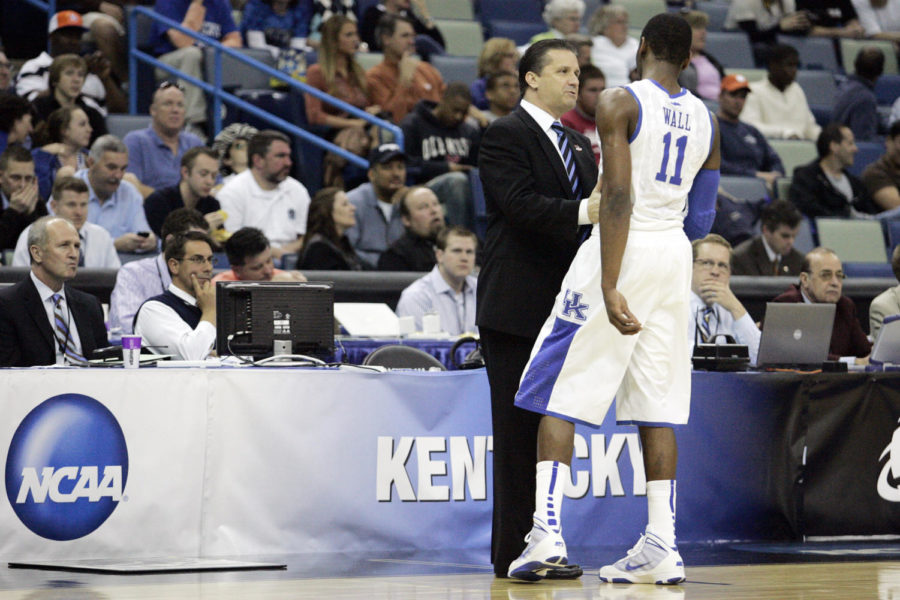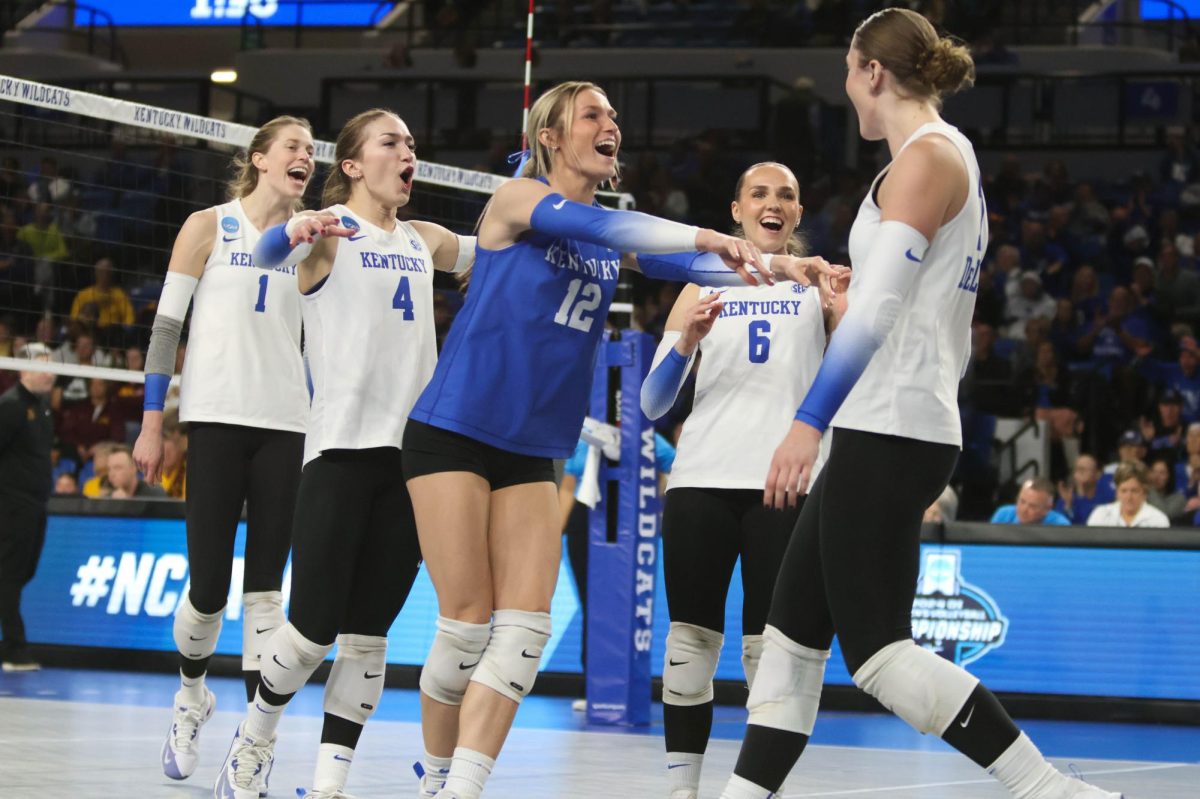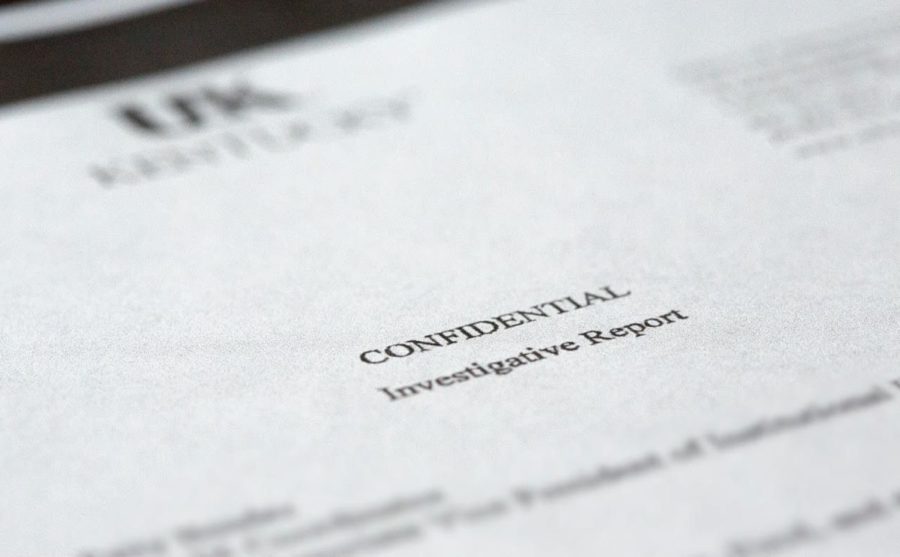Judge rules in favor of UK in Harwood open records case
January 24, 2017
Fayette County Circuit Court Judge Thomas Clark ruled in favor of UK Monday in its lawsuit against the Kentucky Kernel, regarding the newspaper’s pursuit of investigative documents in a sexual misconduct case involving former associate professor James Harwood.
The Kernel has vowed to appeal the decision to the Court of Appeals and the Supreme Court of Kentucky, if necessary.
Judge Thomas Clark ruled in agreement with UK that releasing any part of the documents, despite redactions of names and other identifying information, would identify survivors or violate their privacy rights. He wrote in his opinion to the court that under a federal student privacy law, the documents the Kernel requested are exempt from public disclosure.
The Family Educational Rights and Privacy Act prohibits universities from disclosing students’ “educational records,” without the permission of the students in question.
“We are gratified by this outcome. But there is much work to do. And that work will only be accomplished when everyone—regardless of the different perspectives on the legal issues involved—comes together,” UK President Eli Capilouto said in an email to campus. “Our next step—no matter how the legal process unfolds—must be to reform a system that is imperfect in the way it safeguards the interests of victims and the accused.”
The Kernel initially pursued the documents after two female students approached the student newspaper to tell their story in an effort to bring to light the case against Harwood, who allegedly sexually harassed and assaulted UK graduate students. The case against Harwood was never adjudicated.
“The Kernel will continue to pursue the truth in this case and cases like it, which have further affirmed in our eyes that universities must be subject to transparency in their disciplinary conduct against students and faculty,” Kernel editor-in-chief Marjorie Kirk said. “We will continue to report on a system that has enabled professors and others who are found responsible for sexual misconduct to move within academia unnoticed.”
“It’s a really disturbing decision, not just for the students of Kentucky but for how it may embolden colleges everywhere to start covering up employee misconduct,” Frank LoMonte, director of the Student Press Law Center said. “This is a case about the public’s ability to be fully informed when colleges are cutting deals with employees that might keep serious misconduct from ever coming to light.”
The open records request that the Kernel made was denied by UK; the university cited federal privacy laws. The Kernel filed an appeal, which was then appealed by UK in Fayette Circuit Court.
“It’s important to note that professors like James Harwood secure settlement agreements with universities that include payment, non-disclosure agreements and non-disparagement clauses,” Kirk said. “Without journalists looking into these cases, this system and these people will continue to create survivors unfettered by public or governmental discretion.”
“As a result of this ruling, campuses are going to be less safe, and people are going to be more vulnerable to serial predators,” LoMonte said.






























































































































































